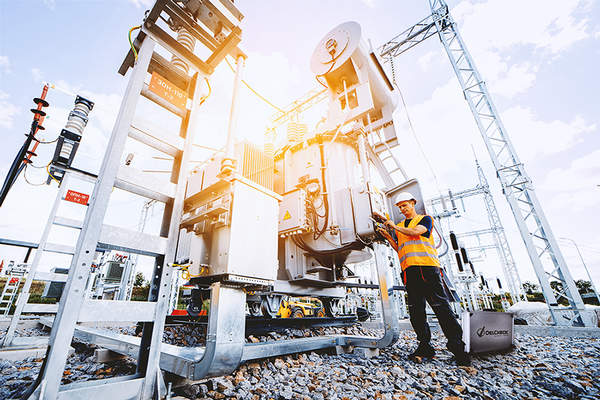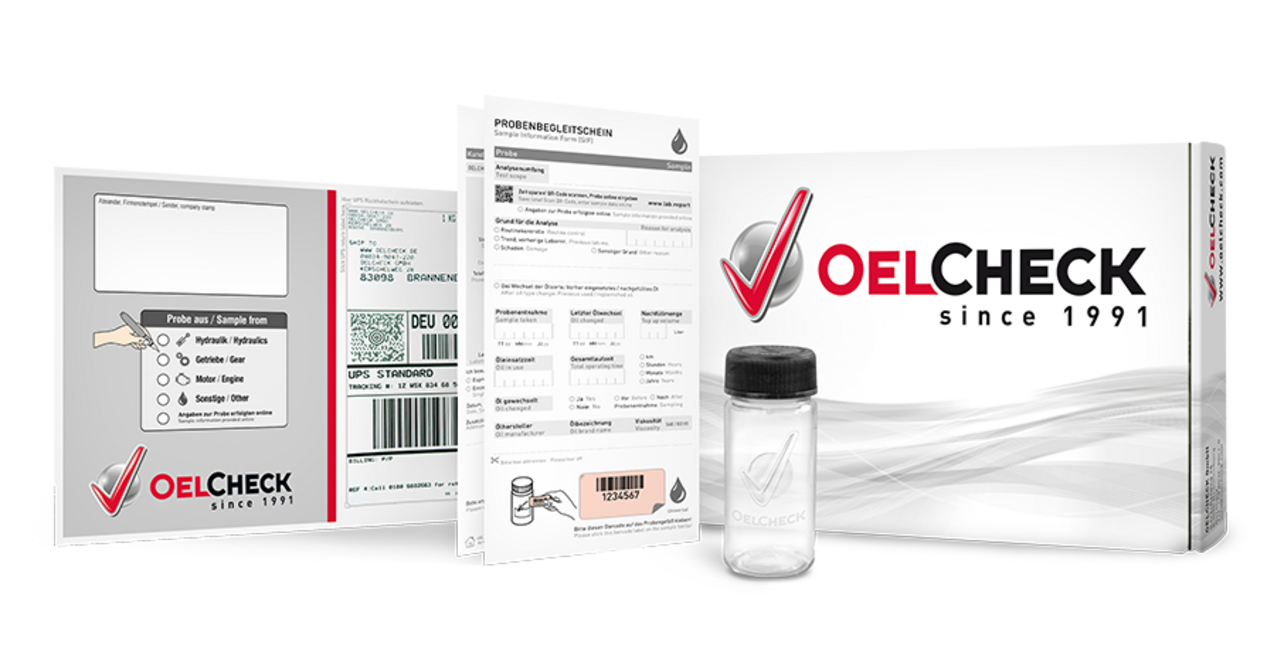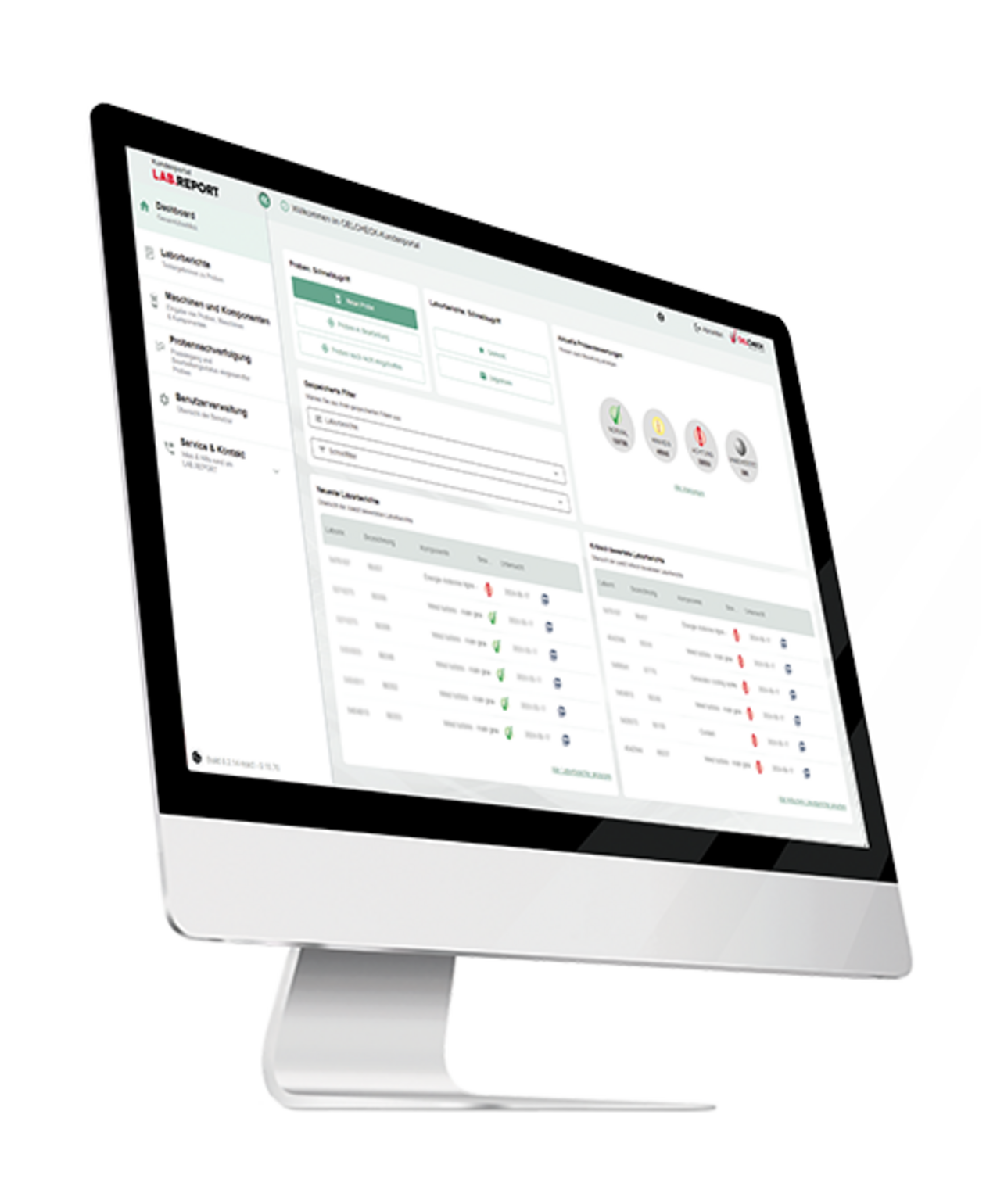
Converting of ISO purity class to NAS class - is that possible?
Year of publication: 2002, updated: 10-2024
Many machine failures are due to contamination of hydraulic oil. To assess the cleanliness of an oil, a particle count is carried out. The number of particles detected for specific particle sizes, such as 5 μm, allows the determination of the corresponding cleanliness classes.
In Europe, the cleanliness class is specified according to ISO standard 4406, while in the USA, classification according to SAE AS 4059 (formerly NAS 1638) is common. The two standards, NAS (National Aerospace Standard) and ISO (International Organization for Standardization), differ significantly in the evaluation of the measured particle counts.

Transformer oil investigations in the OELCHECK laboratory
Depending on the all-inclusive analysis kit selected, used transformer oils are analyzed using the following common test methods:
Breakdown voltage, viscosity, acid number, density, color number, oxidation, elements, purity class, MPC test, water.
In addition, OELCHECK analyzes insulating and transformer oils using the three methods presented in this article.

Analysis of residues
Year of publication: 2024
Modern transmissions, engines and hydraulic systems are becoming more compact, energy efficient and powerful. These advances often involve higher operating pressures and more precisely manufactured components. This also increases the demands on the quality and purity of lubricants.
As a result, many systems are equipped with increasingly fine main and bypass filters. In lubricant analysis, the detection of foreign particles and contaminants in oil and the determination of cleanliness classes are becoming increasingly important.
When residue samples arrive at the OELCHECK laboratory, an experienced tribologist selects the appropriate analysis method after an initial visual inspection of the sample. As residues cannot be analysed directly in our test instruments like used oil samples, the instruments are either adapted or modified methods are used.



